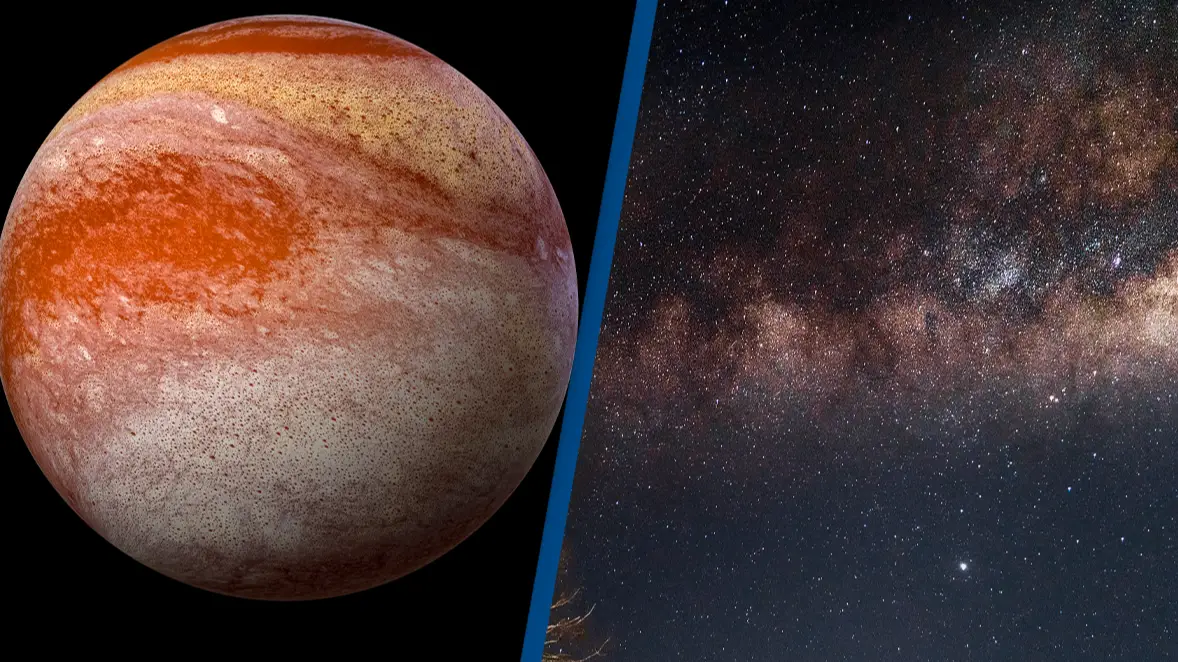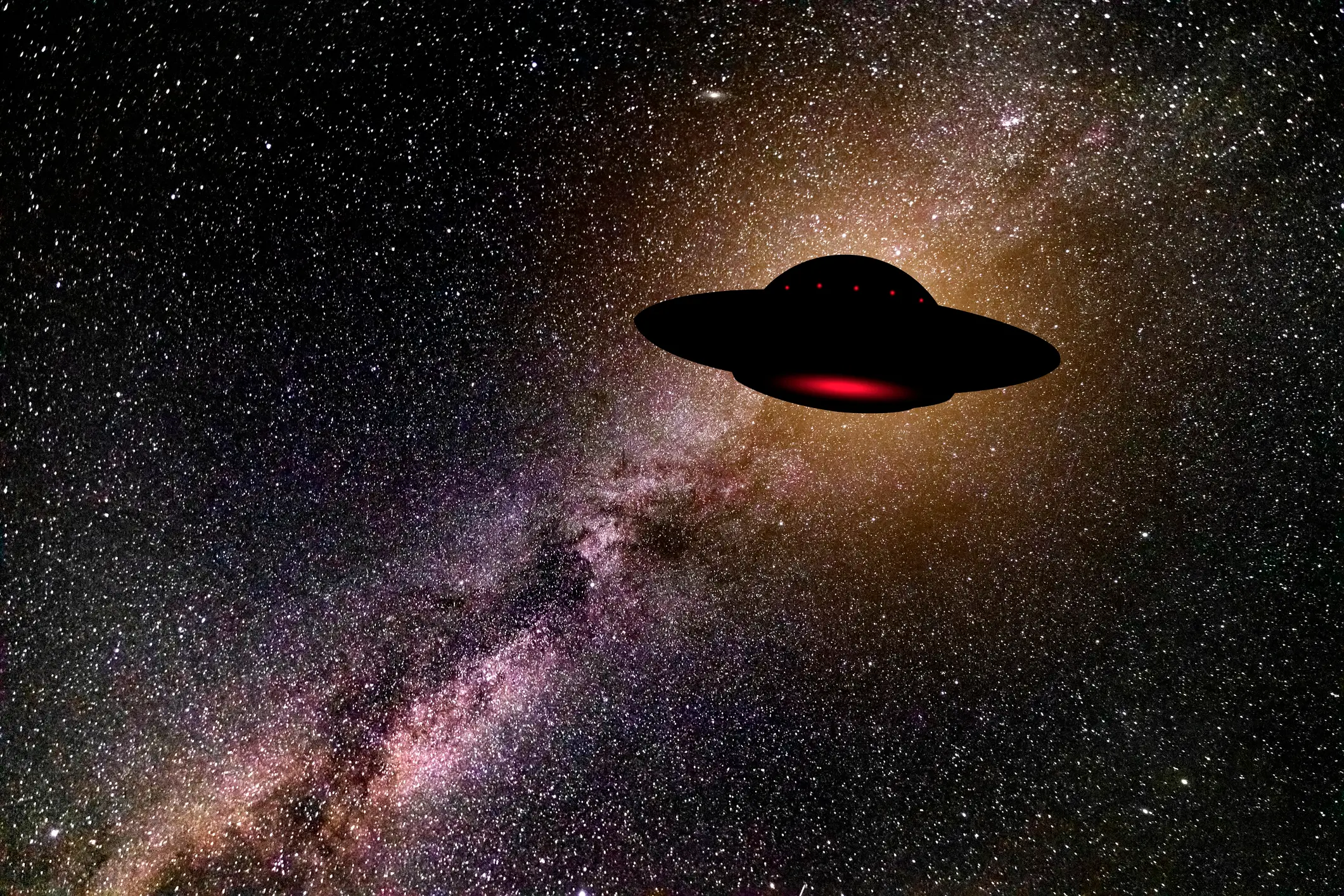
Aliens could be in the realms of possibility yet as scientists have made an astounding 85 new discoveries which they say could unlock the 'secrets of the universe'.
Space researchers from a university in the UK made a groundbreaking discovery when they 'painstakingly' trawled through NASA's hefty TESS (Transitioning Exoplanet Survey Satellite) mission data.
The astronomers used a sample of some 1.4 million stars to study, in which they made not one but 60 new incredible discoveries which could show life could exist beyond Earth, the Express US reports.

Advert
The team found dozens of new planets, comparable in size to Jupiter, Saturn, and Neptune, some 70 trillion to 15 quintillion miles from Earth.
The 60 'exoplanets', which are planets that orbit stars rather than the sun, join the list of the 25 that we already know about.
Incredibly, the exoplanets share temperatures similar to those in our own solar system and the pros believe their climates could even be cold enough to support life.
These 85 exoplanets have more extended orbital periods, from 20 to 700 days, unlike the three to 10-day orbit of prior TESS-found exoplanets.
As a result, the exoplanets have a 'habitable zone', being a safe distance from their host stars and ranging at the right temperatures to harbor life.
The study, led by PhD researcher, Faith Hawthorn at the University of Warwick, saw the team observe the dimming of starlight caused by objects crossing in front of them, known as 'transits', which helps to spot exoplanets and measure their dimensions.

Hawthorn explained: "The space satellite takes brightness from these stars and looks at how the planets passing in front of them causes the brightness to dip. We can look for that and find planets in this way."
Her research is particularly notable as prior research required three 'transits' to confirm an exoplanet, while Hawthorn's study is able to pinpoint them based on just two.
This method unveiled dozens of exoplanets, waiting to be found, which her peers described as 'clever' and a 'major achievement'.
Although the discoveries are yet to be officially confirmed as exoplanets, researchers are optimistic.
Hawthorn said her team endured a 'painstaking vetting process' to whittle down the list to 85 possible exoplanets and added: "I hope from my research we'll not only be able to learn about all the type of planets that are really out there in the milky way but also we'll be able to learn something about how our own solar system came to be, why earth itself is so special.
"And it would also be nice for humanity to take a field trip one day to an exoplanet."